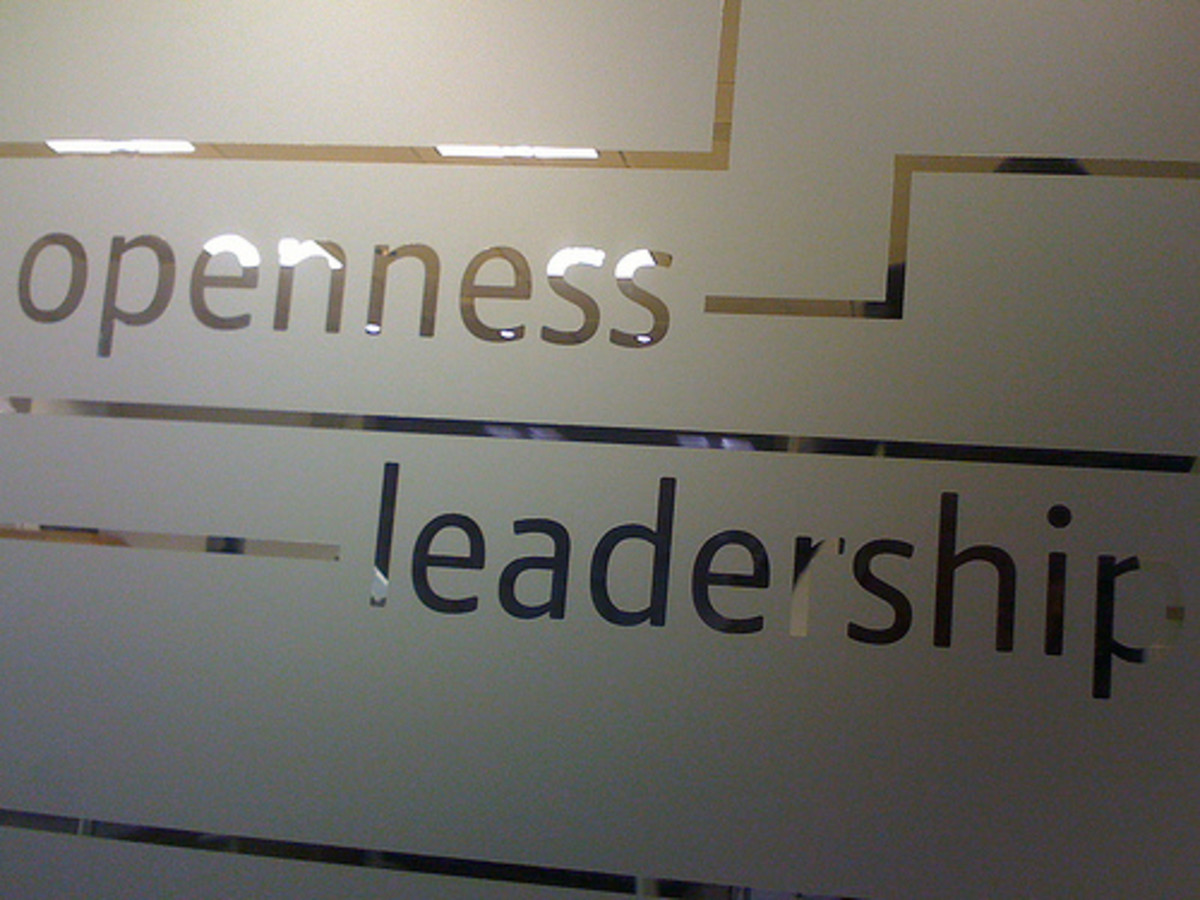Meetings with the Boss

One-on-one meetings with the boss are important.
Everyone knows that effective communication is absoutely necessary to make a relationship successful. Marriages fail every day due to a breakdown in communication between spouses. Professional relationships that occur in the workplace fail for much of the same reasons. Misunderstandings and differences of opinion can manifest into distrust between an employee and the boss. This breakdown in the working relationship can lead the two down a path of destruction for disruption in the flow of work. The success of the relationship between a subordinate and their supervisor is primarily affected by communication. The success or failure of the work between the two will be a direct result of how well the employee interacts with the boss.
When Meeting Regularly with the Boss is Not an Option
At first glance, many reading this article will say it is impossible to meet one-on-one with their boss due to demanding schedules and other specific deadlines that affect the workload. Others might add that their supervisor is located at another office or work site and meeting regularly is not practical or an option for them. However, meeting with the boss should be made a priority because communication with the boss in this manner is the most effective means for keeping the boss updated on matters under the employee's area of responsibility. If a weekly meeting is out of the question, the two should make an effort to meet face to face as often as possible. Technology makes it possible to communicate in a meeting or conference format through the use of the Internet. While face to face is the best means for communicating, the computer and telephones provide opportunities to communicate regularly with one another. Communication needs to occur, however possible, for the relationship to build and develop over time. .
Things to Communicate to Your Boss
To keep the boss in the loop of how things are progressing in an organization, it is advisable to keep the lines of communication open on a regular basis. One way to accomplish this feat is to have a regular, or when possible, weekly meeting with the boss to update his/her on the status of things such as projects, meeting deadlines, goals, employee issues, etc. Some of the things to be discussed at the meeting would be:
- status of projects - It is always important to keep the boss updated on the progress of various priorities that keep one busy. While it is important to gauge which projects you need to share, most members of management would prefer a regular update to provide any needed direction. It is arguably better to bring up the update to the boss, rather than waiting to be asked about it.
- goals and objectives - The boss will want to know how well you are meeting your team's goals and objectives. Meeting with the boss on a regular basis will keep him/her "up to speed" on how things are progressing and what goals and objectives are yet to be met. While written reports outline details about progress of such matters, being able to discuss and explain the report can be a most effective means of communicating with the boss.
- personal goals - A good boss will want to keep employees motivated in the job. Therefore, he/she will want to know more about the goals or personal ambitions of the employee. Such a discussion should be had in a meeting, face to face.
- ongoing issues - Most bosses prefer to hear about issues as they are occurring, and what is being done to address them. A regular meeting with the boss can provide the necessary updates that are likely to be requested.
- projection of possible issues down the road - The boss will want to know of potential challenges that could pop up in the near future. No boss likes to be caught off-guard with bad news. Communicating regularly with the boss should include information about negative issues that may come up for the employer as well as the possible solutions to address them.
- responses to last meetings - When meeting with the boss, one should be prepared to respond to requests from the prior meeting or conversation. It sounds like common sense, but employees often get so wrapped up in the day-to-day issues that they forget to address issues that were discussed at the last meeting with the boss. Take good notes and review those from the last meeting to review the topic of discussion from the previous meeting.
- wants and needs - The boss will not know what tools, resources or training you need to be successful unless this information is relayed to them regularly. The boss may assume that all is well unless they hear otherwise. Express the wishes and desires that are reasonable to assist in the success of the work team.
- updates on schedule for upcoming vacations - It is prudent to always compare schedules with the boss to know when the boss will be going on vacation and when the employee will be out of the office as well.
- input for strategic plan of the organization - Every employee plays an important role in the achievement of strategic goals and objectives for the organization. Communicating ideas with the boss should be done regularly to be sure the boss is exposed to the creativity and valuable input about the organization that comes from employees.
Meeting with the boss can be a productive opportunity to share thoughts and ideas about the workplace. Honest, frank discussions where ideas can be exchanged and the boss can offer direction for challenging issues can be accomplished at meetings with the boss. Alerting the boss about potential pitfalls in the workplace will be much appreciated by the boss.

Building Trust.
The more often the employee participates in one-on-one conversations with the boss, the more likely the relationship will develop into a long lasting, trusting one. Established care and mutual respect that develops over time between a boss and subordinate will result from regular communication. The more often these meetings occur, the less anxiety the employee may have about honestly sharing information of concern with the boss. Having these one-on-one meetings will foster a relationship that can be rewarding for the employee, the boss and the rest of the work team.








